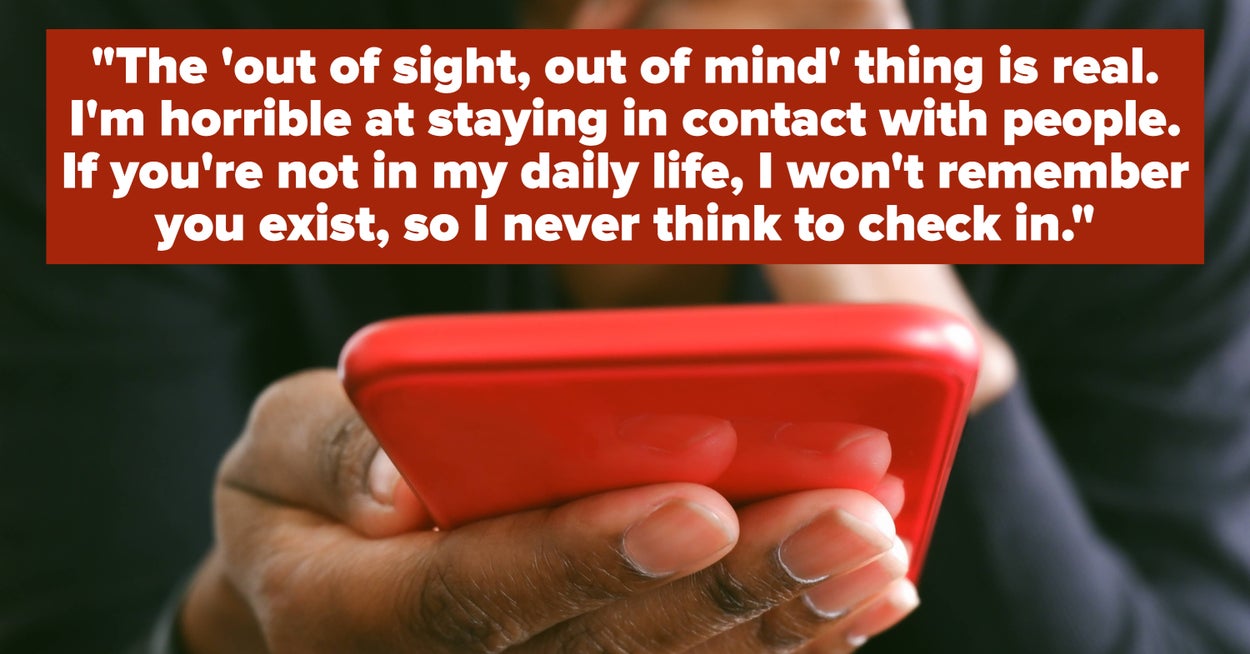
"Yeah, there were definitely some missed signs, like trouble socializing and hanging out with adults way more than kids my own age. My personal favorite was from the ages of 5 to at least 12 - I read and reread fact books like National Geographic regularly to recite facts to people around me."
"Child of the '60s here. I could never pay attention and had to reread everything multiple times. Not being able to sit still got me in trouble constantly because I couldn't keep quiet either. A paddling at school meant a beating at home. My mind is never quiet, even when watching TV, so I can never remember what I see - I end up rewatching the same program for months just to finish it. I was popular in school because I was nice-looking, funny, and easy to get along with, but I had a quick temper and found it hard to trust people. I still don't sleep very long or hard. I have a constant buzzing in my ears with migraines, mostly behind my eyes."
"I was diagnosed with lupus after having two children, and I'm RH negative, type O. My mother was the abuser in my family - she never wanted me and told me so daily. I have a huge problem with people who lie and get away with it; it does something to me internally. Justice matters above everything."
Neurodivergent traits often appear as subtle, persistent behaviors and internal experiences that are mistaken for quirks or bad habits. Individuals report lifelong patterns such as trouble socializing with peers, intense interest-focused reading, chronic attention difficulties needing repeated reading, inability to sit still, constant internal mental noise, difficulty remembering visual media, disrupted sleep, tinnitus and migraines, and strong emotional reactions to injustice. Childhood coping strategies frequently mask underlying conditions, leading to self-blame and late diagnoses like ADHD. Family dynamics and trauma can exacerbate symptoms. Recognition commonly occurs when people compare experiences or when functional impacts become unavoidable.
Read at BuzzFeed
Unable to calculate read time
Collection
[
|
...
]